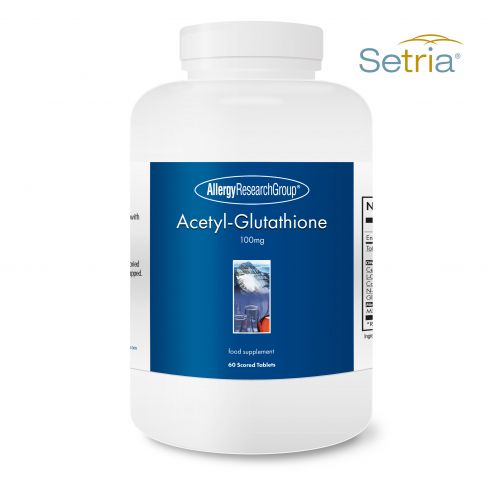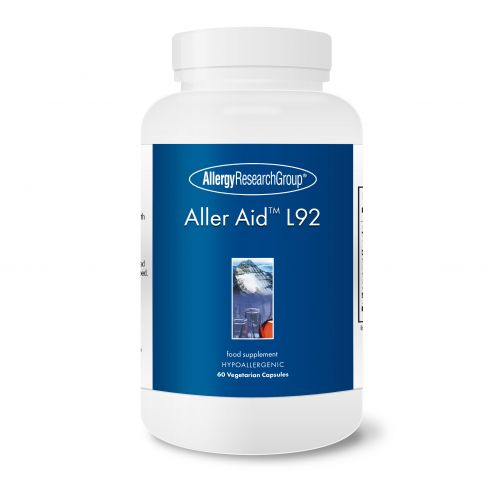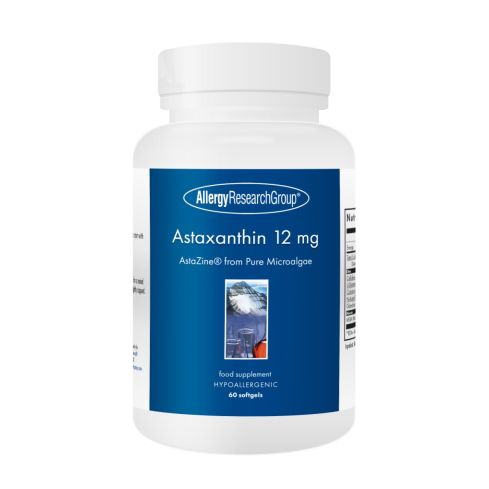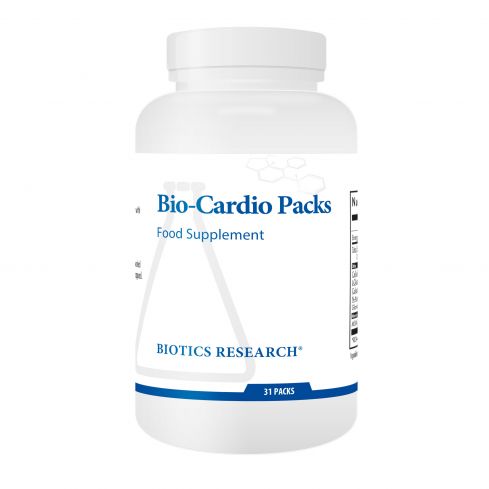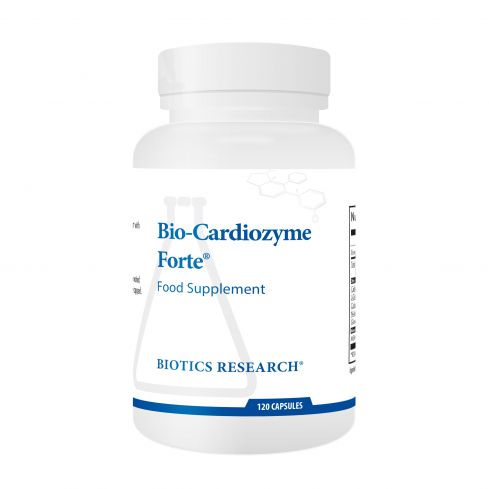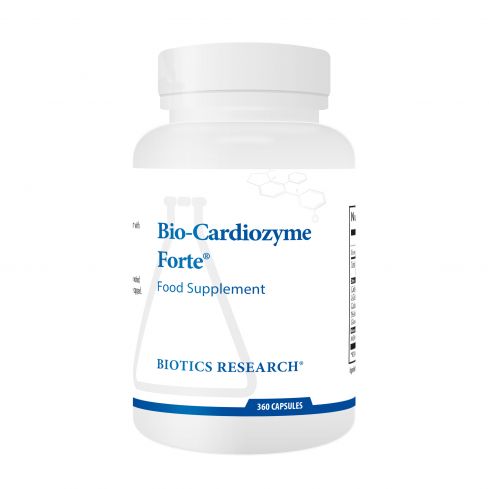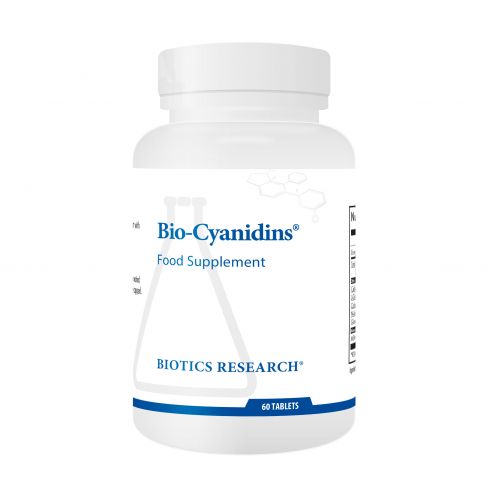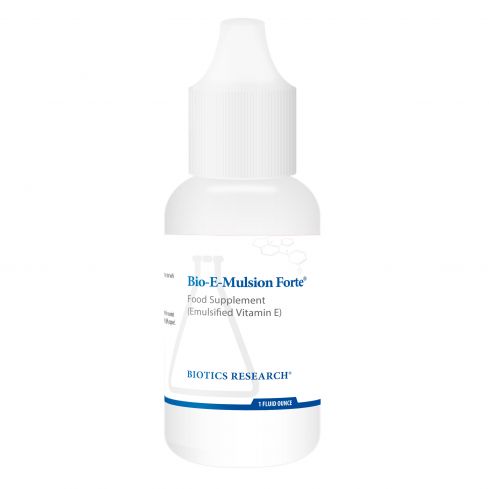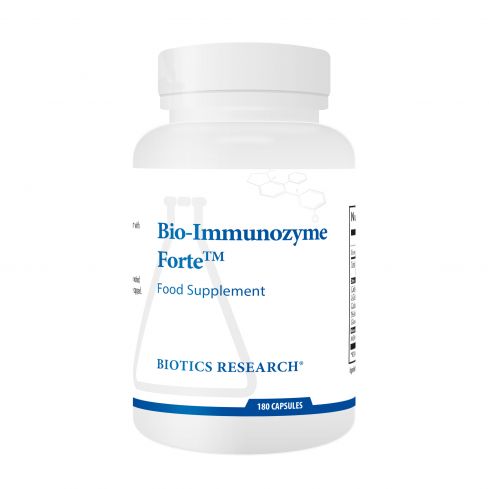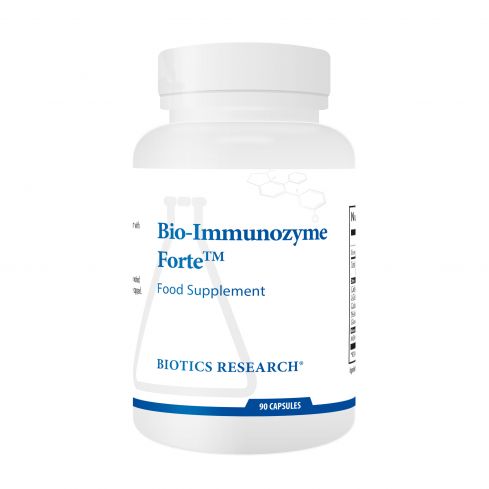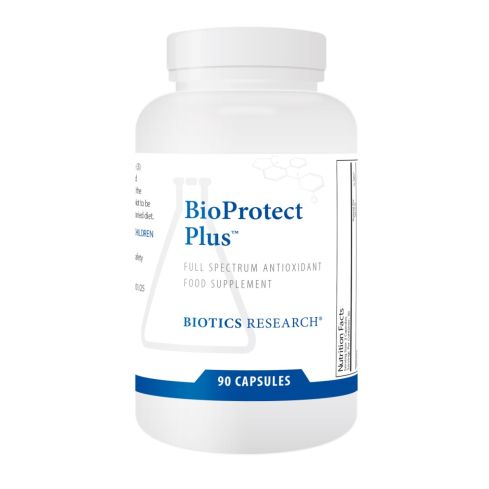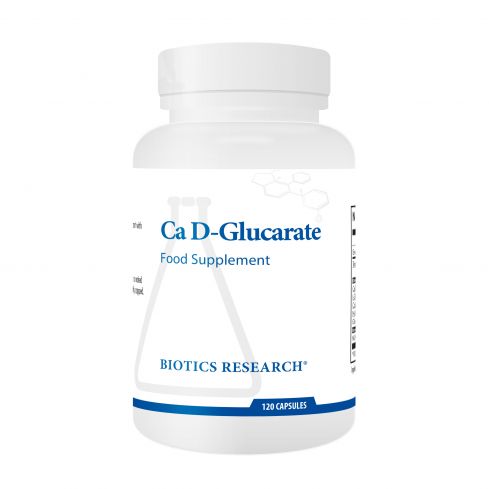- Home
- Products
- Categories
- Antioxidants
Antioxidants
Antioxidants are molecules that work to prevent damage that occurs in cells and body tissues due to both normal bodily processes and exposure to some chemicals. The potential medical benefit of antioxidants may reside in their ability to prevent or slow the oxidation of molecules in the microscopic parts of the body, such as DNA or proteins.
Oxidation is a chemical process in which electrons from a substance are transferred to what is known as an oxidising agent. Oxidation reactions may produce substances referred to as “free radicals.” These molecules may cause chain reactions that can damage many cells in the body. Antioxidants may stop the chain reactions caused by free radicals, and therefore stop the process of this sort of damage occurring in the body. In other cases, antioxidants may stop other kinds of oxidation reactions by becoming oxidised themselves and thus sparing cells and tissues from damage.
The reactions that produce free radicals, called oxidation reactions, are critical for the body to function. However, the cumulative effect of many oxidation reactions may irreversibly damage the body. The human body requires a variety of antioxidants to reduce the impact of the free radicals created by oxidation reactions. If the body has too few antioxidants, then the stress of many oxidation reactions may damage or kill body cells. If enough of these cells are killed or damaged, then illness or disease may result.
Free radicals are considered dangerous because they are atoms with an unstable number of electrons, which makes them more chemically reactive than atoms with a stable number of electrons. These unstable atoms may rob electrons from other atoms, such as the ones that make up DNA or proteins. When parts of cells lose electrons, the cell cannot function as well as it should. If the DNA is affected by free radicals, then it may be mutated. Proteins that are affected by free radicals may degrade or unfold. Antioxidants neutralise the electrical charge that free radicals have due to their unstable number of electrons and thus protect body cells and tissues.
While oxygen is considered necessary for life, it may also be the most abundant free radical initiator in the body, because it is highly unstable. The types of oxygen molecules that cause free radicals include hydrogen peroxide and hypochlorous acid. Free radicals created by oxygen include the hydroxyl radical (-OH) and the superoxide anion.
By chelating transition metals (any element in the d-block of the periodic table, which includes groups 3 to 12) some compounds may contribute to antioxidant defence against free radicals by chelating transition metals. Especially important in this system is the function of iron-binding proteins including transferrin and ferritin to sequester iron.
Antioxidants may be dependent upon one another to prevent oxidation; they often work together & in synergy to quench free radicals.
Oxidation reactions may occur due to forces outside of the human body. For instance, exposure to tobacco smoke, radiation or environmental contaminants may result in oxidation reactions that damage cells.
Early research on antioxidants investigated their possible use in preventing edible fats from becoming rancid due to oxidation. Vitamins A, C and E were some of the first antioxidants identified by medical science as possibly beneficial to human health.
In addition to being available in a variety of fruits and vegetables, antioxidants are available as supplements. They are one of the most popular categories of supplements available today. Antioxidants are proposed to play a role in preventing many common health disorders, such as Alzheimer’s disease, heart disease and some types of cancers. Some experts believe that antioxidants may be a treatment for stroke and medical conditions where the brain slowly loses its ability to function.
There is some debate as to whether consuming antioxidants from foods or in supplement form is actually beneficial to the health of patients. Doctors and other experts do not agree if these chemicals are actually helpful, and clinical trials have not all reached the same conclusion.
There is also some concern that consuming too many antioxidants may have negative effects on a person’s health. However, antioxidants are the subject of increasing research because of the possible role they may play in preventing disease.
References
- Blot WJ, Li JY, Taylor PR, et al. Nutrition intervention trials in Linxian, China: supplementation with specific vitamin/mineral combinations, cancer incidence, and disease-specific mortality in the general population. J Natl Cancer Inst. 1993 Sep 15;85(18):1483-92. View Abstract
- Hennekens CH, Buring JE, Manson JE, et al. Lack of effect of long-term supplementation with beta carotene on the incidence of malignant neoplasms and cardiovascular disease. N Engl J Med. 1996 May 2;334(18):1145-9. View Abstract
- Lee IM, Cook NR, Manson JE, et al. Beta-carotene supplementation and incidence of cancer and cardiovascular disease: the Women’s Health Study. J Natl Cancer Inst. 1999 Dec 15;91(24):2102-6. View Abstract
- Liu RH. Potential synergy of phytochemicals in cancer prevention: mechanism of action. J Nutr. 2004 Dec;134(12 Suppl):3479S-3485S. View Abstract
- Alpha-Tocopherol, Beta Carotene Cancer Prevention Study Group. The effect of vitamin E and beta carotene on the incidence of lung cancer and other cancers in male smokers. N Engl J Med. 1994 Apr 14;330(15):1029-35. View Abstract.
- Block KI, Koch AC, Mead MN, et al. Impact of antioxidant supplementation on chemotherapeutic toxicity: a systematic review of the evidence from randomized controlled trials. Int J Cancer. 2008 Sep 15;123(6):1227-39. View Abstract
- Hsu CL, Yen GC. Effects of flavonoids and phenolic acids on the inhibition of adipogenesis in 3T3-L1 adipocytes. J Agric Food Chem. 2007 Oct 17;55(21):8404-10. Epub 2007 Sep 20. View Abstract.
- 3 items
- 11 items
- 12 items
- 2 items
- 10 items
- 4 items
- 2 items
- 1 item
- 1 item
- 15 items
- 17 items
- 2 items
- 5 items
- 2 items
- 4 items
- 27 items
- 10 items
- 9 items
- 21 items
- 25 items
- 31 items
- 7 items
- 8 items
- 24 items
- 9 items
- 13 items
- 29 items
- 10 items
- 7 items



